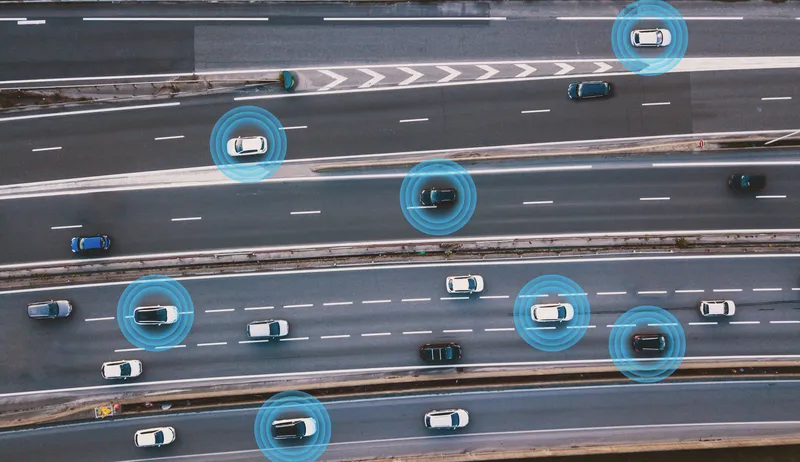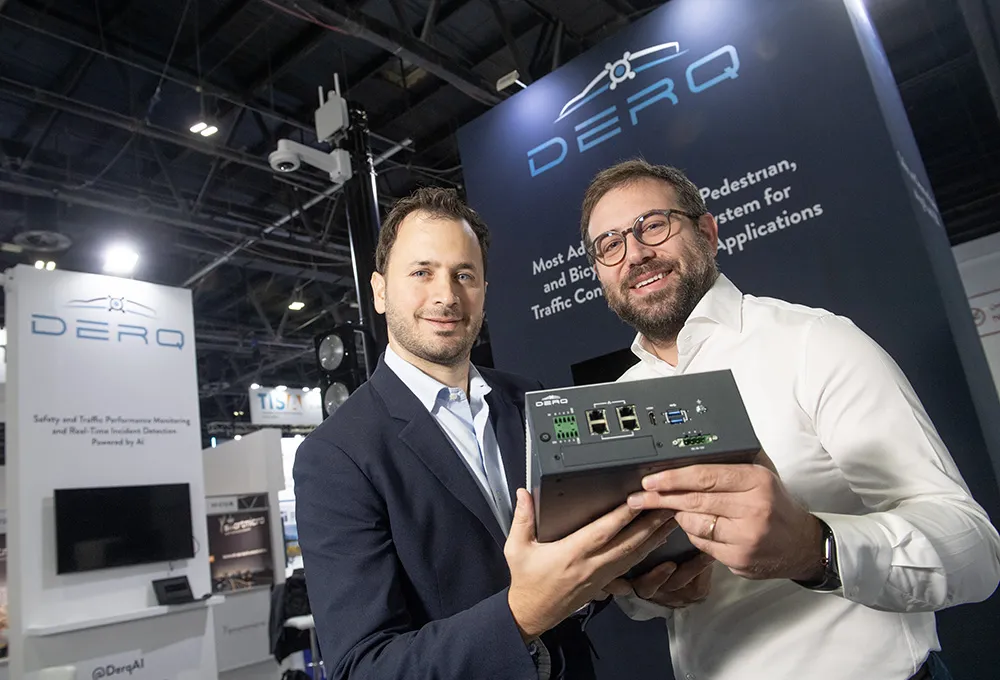
Roads in the Netherlands are set to be safer and more connected thanks to a new partnership between Monotch and Haas Alert, a Chicago-based automotive technology developer.
Haas says it will deliver in-car safety messages from Monotch’s TLEX-based national Urban Data Access Platform - UDAP - to vehicles on Haas Alert’s Safety Cloud digital alerting platform, including Stellantis vehicles. Monotch’s TLEX (Traffic Live Exchange Platform) is the cornerstone of its smart mobility offering and is the foundational platform for digital infrastructure and connected mobility.
Haas, which formally launched its Safety Cloud platform in Europe last November, says it is the largest commercially-deployed digital alerting and connected vehicle service in North America. Safety Cloud connects millions of vehicles on the road to emergency vehicles, workzones and other emergency and alerting assets.
Safety Cloud enables automakers to connect consumer vehicles directly to these assets, making them capable of receiving and displaying in-vehicle EVA (emergency vehicle alert) notifications through in-vehicle displays. This service is already fully deployed in North America by Stellantis, delivering digital alerts to millions of vehicles on the road, including 2018-and-newer Jeep, Dodge, Ram and Chrysler vehicles.
The partnership between Haas and Monotch will allow information in Monotch’s UDAP system to be shared with Safety Cloud. This will enhance the service with real-time data from the Dutch digital mobility platform that serves as a national ecosystem of digital infrastructure, agencies and road users where billions of status and safety messages are exchanged daily.
While EVA messages in the Netherlands have been in place since July 2022, this new integration will make it possible for vehicle owners to receive these alerts directly in their dashboards or centrestack displays with no need for a third-party application.
Integrating Safety Cloud in the TLEX-based production systems also enables federation into neighbouring jurisdictions. For clients who wish to do so, Haas Alert may benefit from real-time information in other northern European countries. This integration also addresses cross-regional differences while minimising integration and effort.
“Haas Alert’s vision is a connected, collision-free world and this partnership between Haas Alert and Monotch absolutely brings us closer to achieving that vision,” explained Jeremy Agulnek, senior vice president for Haas Alert.
Menno Malta, chief executive and founder of Monotch, said that expanding the smart mobility ecosystem in Europe leverages interoperability: “With the connection of Safety Cloud into the ecosystem, we are accelerating the value that Haas Alert’s Safety Cloud platform brings to European transportation.”
In the Netherlands, there is already a large group of users and suppliers of mobility data to UDAP, the country’s central platform. Governments, road authorities, suppliers of roadside equipment, service providers and vehicle manufacturers are connected to the system, either directly or through third parties to exchange data. This data can be exchanged in real-time and bi-directional via UDAP, based on Monotch's TLEX platform.
In fact, more than 25% of Dutch road users now have real-time information available while they are on the road.







